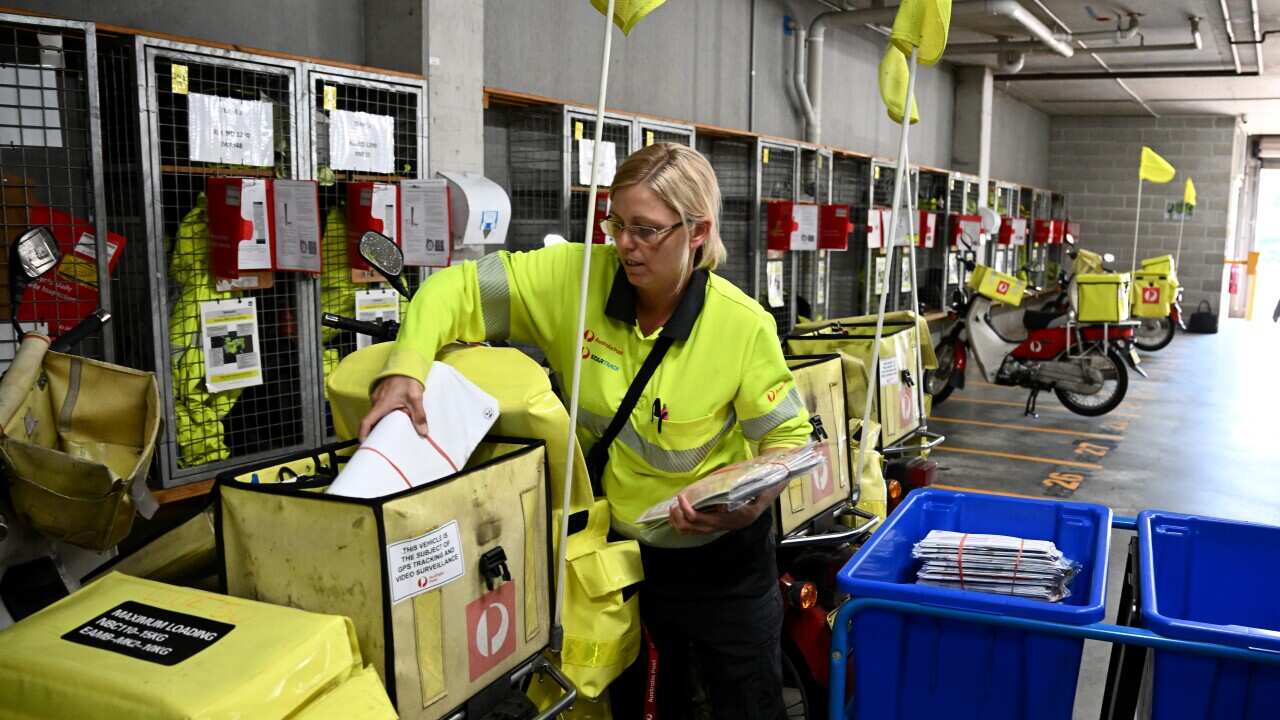Scientists have found an ancient system of terrestrial-sized planets, almost as old as the universe itself.
At 11.2 billion years old, the system is the oldest star with earth-sized planets ever found and proves small planets have formed throughout the Universe's history.
University of Sydney Doctor of Astrophysics, Daniel Huber, said that was good news for humanity's search for an Earth-like planet.
"It basically tells us that planet formation is fairly frequent,” Dr Huber said.
"We’ve never seen anything like this – it is such an old star and the large number of small planets make it very special."
However, Dr Huber said the five planets would not be able to harbour life since they were closer to their host star than Mercury is to our Sun.
On Mercury, radiation from the Sun prohibits liquid water, which scientists believe is essential for life, from existing on the surface.
However, the discovery is important for what it means to scientific understanding.
A team of astronomers worldwide, including Dr Huber, discovered the planets.
Dr Tiago Campante, research leader from the University of Birmingham, said the discovery could provide scope for the existence of ancient life in this galaxy.
Scientists used asteroseismology to measure the host star's oscillations, which are the natural resonances of sound waves trapped within the host star, to determine the star’s and planets’ ages.









